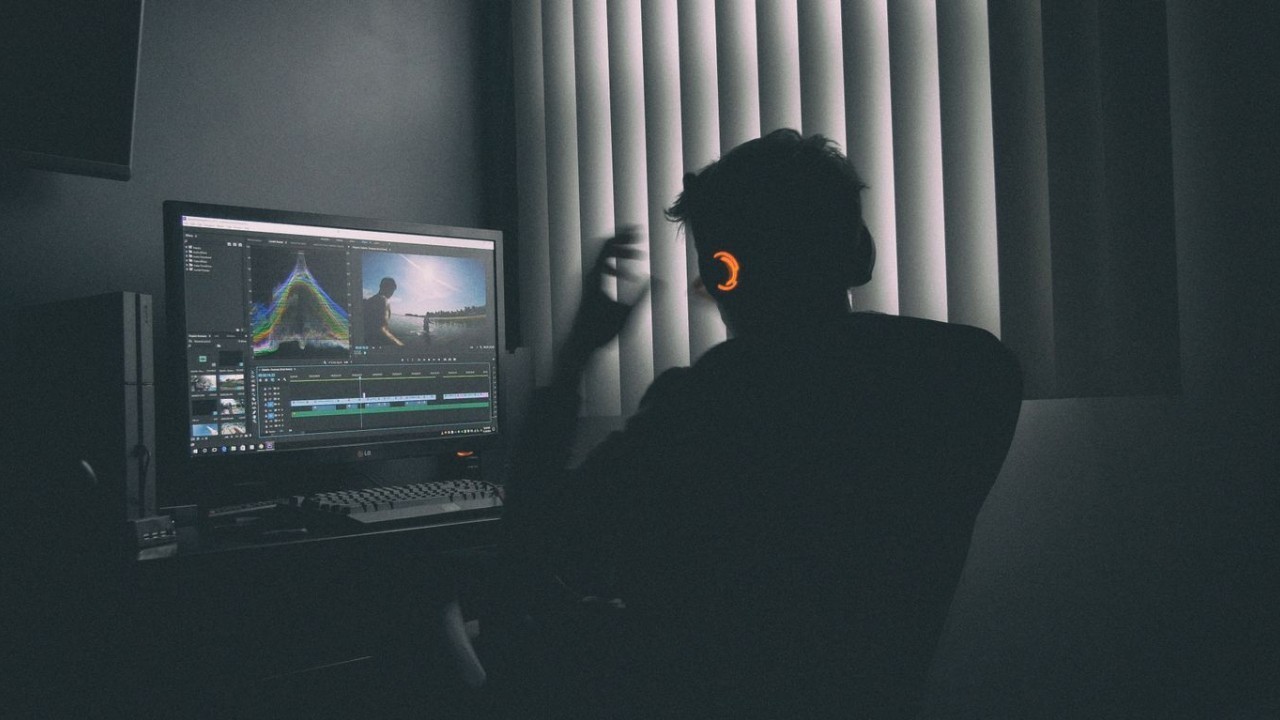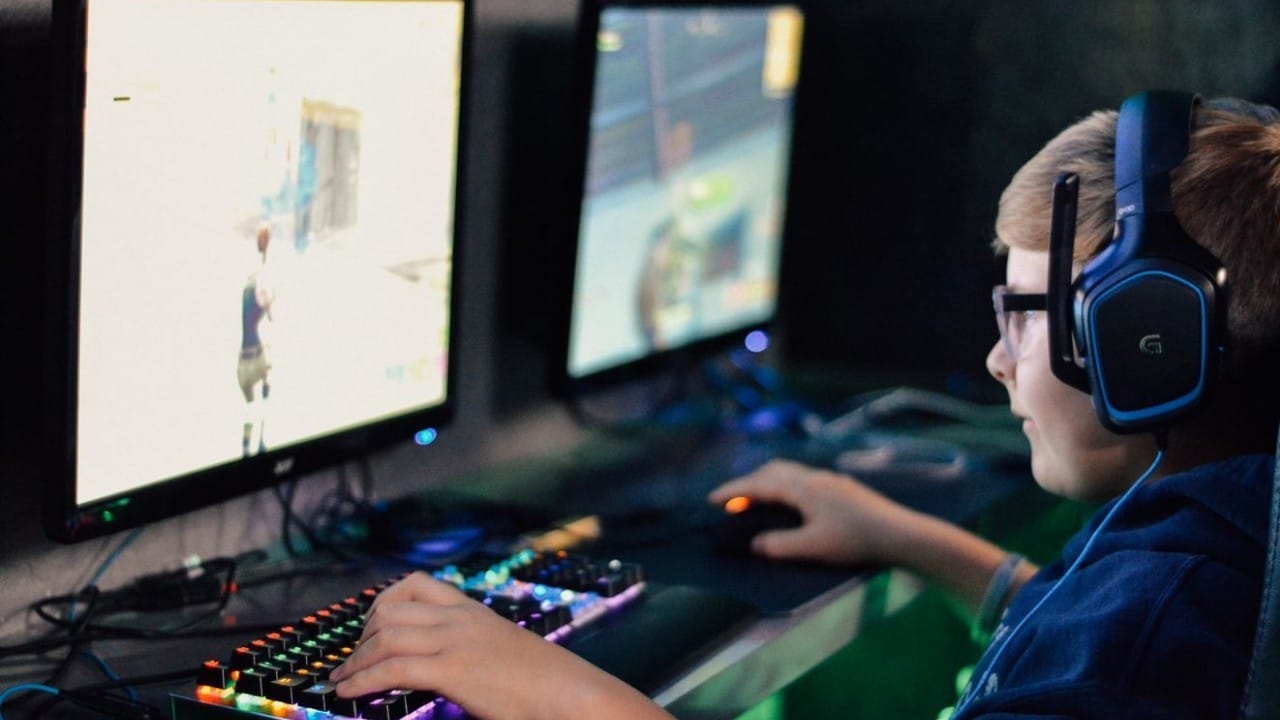As if kids and teenagers don’t have enough problems to deal with in life, there’s a relatively new phenomenon that’s causing substantial problems for them across the world. It’s called screen or digital addiction. Some experts will liken this new affliction to more familiar addictions like slot machine addiction. In other words, the individual gets stimuli from a device (computer, tablet, smartphone) that has a screen, and the stimuli becomes so powerful that it begins interfering with the person’s life.

To be fair, screen addiction is creating as many problems for adults as it is for kids and teenagers. The number of adults who can’t seem to put Facebook or Instagram aside for even a moment defies logic unless one would view it as a legitimate addiction. After all, it is a legitimate addiction. With that said, screen addiction is having a profound negative effect on the development of kids, and that’s a significant issue for society as a whole. The following information is going to focus on identifying the early signs of screen addiction and tech addiction treatment. The Importance of Early Detection
As is the case with any addiction, early detection will usually result in the minimization of problems associated with the addiction. As indicated above, early detection of screen addiction among kids and teenagers is extremely important because of developmental issues.
The simple truth is kids need time for exposure to all kinds of stimuli for proper brain development. They need time to work on social skills, and they need exercise for proper physical development. If someone spends too much time in front of a digital device, that’s time they are not using to address other facets of life.

Kids will never admit they are spending too much time surfing the net or playing video games. It’s incumbent on parents to stay aware of what their kids are doing. If a parent fails to detect a problem before their child starts to show signs of screen addiction, tech addiction therapy becomes a necessary consideration. No one enjoys the prospect of seeing their kids have to spend time in an addiction recovery program. The Early Signs of Screen Addiction Among Kids
Again, the following information is going to focus on the early warning signs of screen addiction among kids and teenagers. At a broader level, many of these same warning signs could be applicable to adults who are showing signs of similar problems.
There’s many ways a screen addiction with manifest itself within a child’s personality and behavior. To keep things simple, the following list will focus on eight of the most common signs a child may be falling victim to screen addiction, resulting in the need for screen addiction treatment:
- Increasing Time Spent With a Device – Parents should be aware of the activities of their children. Along with that should come a sense of when too much is too much. If the amount of time a child is spending with their electronic devices is constantly on the rise, there’s a good chance there could be an addiction forming.
- Loss of Interest in Other Activities – Beyond not spending time doing other things, kids will begin to show a complete lack of interest in even contemplating doing other things. If a parent sees the child setting aside toys or other previously enjoyed hobbies in favor of digital devices, it’s time to worry.
- Preoccupies Their Thoughts – Even when a child isn’t actually in front of a screen, they may exhibit a tendency to always be thinking and talking about their interactions with video games or the Internet. This could have a significant impact on the child’s ability to focus on school work.
- Failure to Socialize – This is a major problem. Video games and the Internet are poor substitutions for interacting with other people. A failure to spend time learning to socialize with other people, particularly other kids, can lead to severe developmental problems. Be particularly leery of a child not having appropriate interactions with other family members. It can have a profound effect on the overall functioning of the family unit.
- Onset of Behavioral Problems – If a child starts to show signs of agitation or anger when not allowed access to their electronic devices, this is a problem. A child might also show signs of inappropriate behavior towards people of authority (teachers, relatives, babysitters). If that’s the case, there’s trouble brewing.
- Inability to Focus on Other Things – Kids need a well-rounded scope of experiences. If a child is not able to sit their devices down long enough to do other things, it’s going to interfere with certain aspects of their development. Typically, kids will see other things as distraction as opposed to seeing their screen activities as a distraction.
- Hiding Electronic Device Use – Sensing they are receiving scrutiny for playing video games or being online too much, some kids will resort to hiding their use. Be weary of kids sneaking their devices to school or hiding them under the sheets until the lights go out at bedtime.

8. Using Device Affects Child’s Mood – Parents should look for mood swings. In some cases, children may act lethargic or uninterested in life when not in front of a screen. Once they regain access, their mood immediately elevates. Devices should not have ability to influence a child’s mood. Tech Addiction Recovery
Remember, the above information focuses largely on screen addiction as it pertains to kids and teenagers. However, the effects on adults are quite similar. There is a loss of ambition, a withdrawing from relationships, ignoring of responsibilities and behavioral changes.
Once an addiction takes hold, the individual is trapped. Without access to tech addiction therapy from a professional and reputable addiction treatment center, the prognosis is not good. A strong tech addiction recovery depends a great deal on the quality of treatment the individual gets.
Much of the focus of screen addiction treatment is placed on psychology and behavior. It’s very important for addiction counselors to get at the root causes of the individual’s addiction. Without doing so, it becomes increasingly more difficult to determine the proper course of treatment.
Counselors will also want to focus on how the addiction is creating behavioral problems. They will typically use evidence based treatment modalities like Cognitive Behavioral Therapy and Dialectical Behavioral Therapy. The objective of these modalities is to identify behaviors and implement coping mechanisms to help modify them.
It’s never too late to get help for a screen addiction. Like other addictions, there is no cure. There’s only the possibility of arresting the illness and setting it aside. For better or for worse, recovery from a screen addiction will likely require the individual to stay away from devices except when absolutely necessary. That could be a real challenge for someone who works on the Internet or needs to run their business through social media. For kids and teenagers, it incumbent on parents to do their job and find ways to control the activities of their children.




